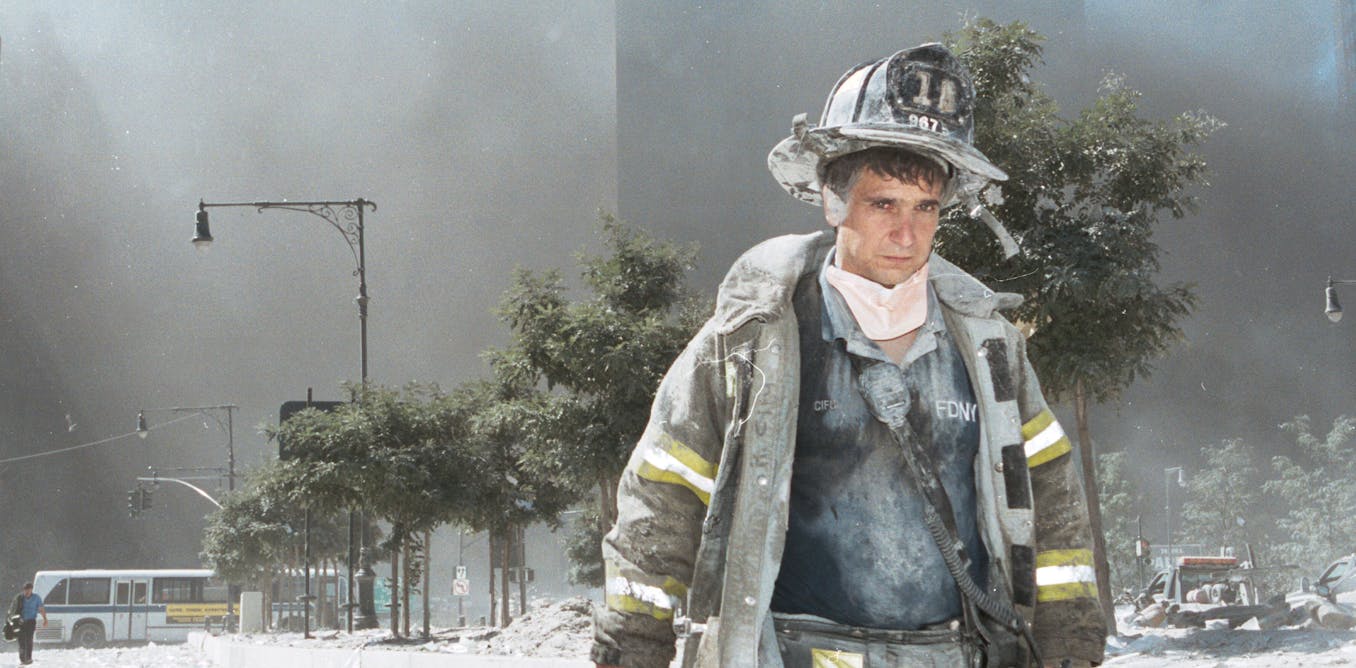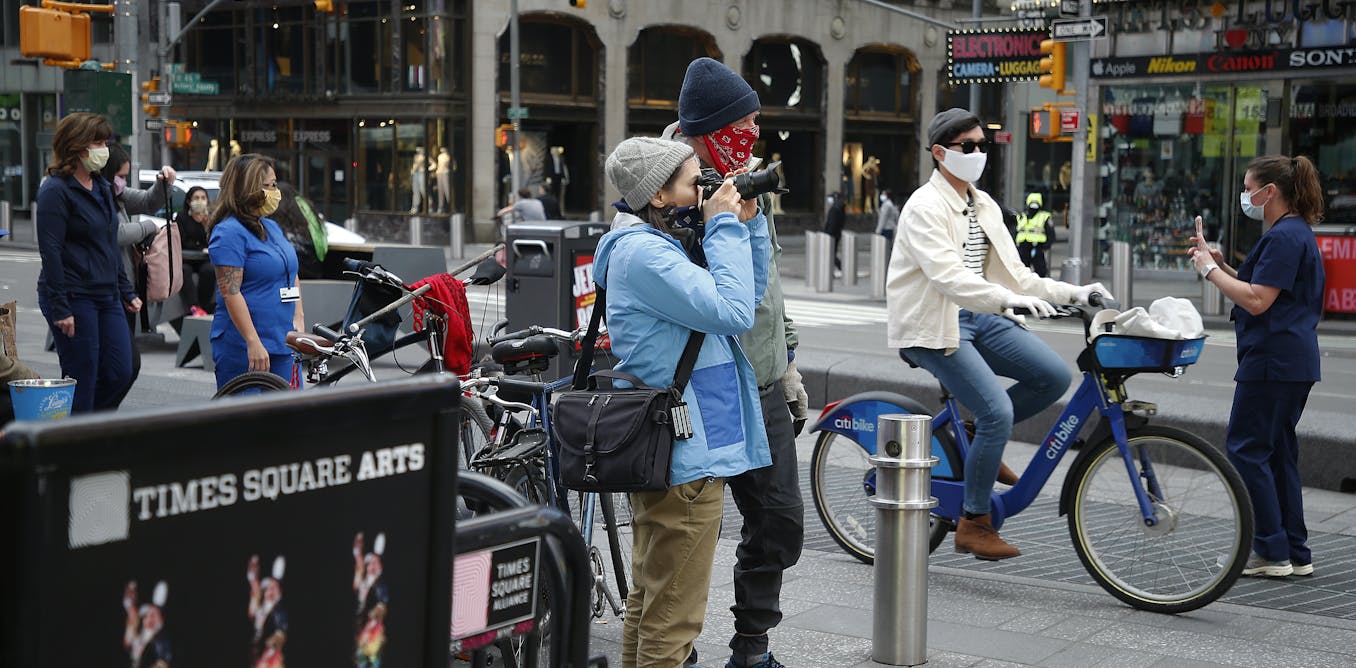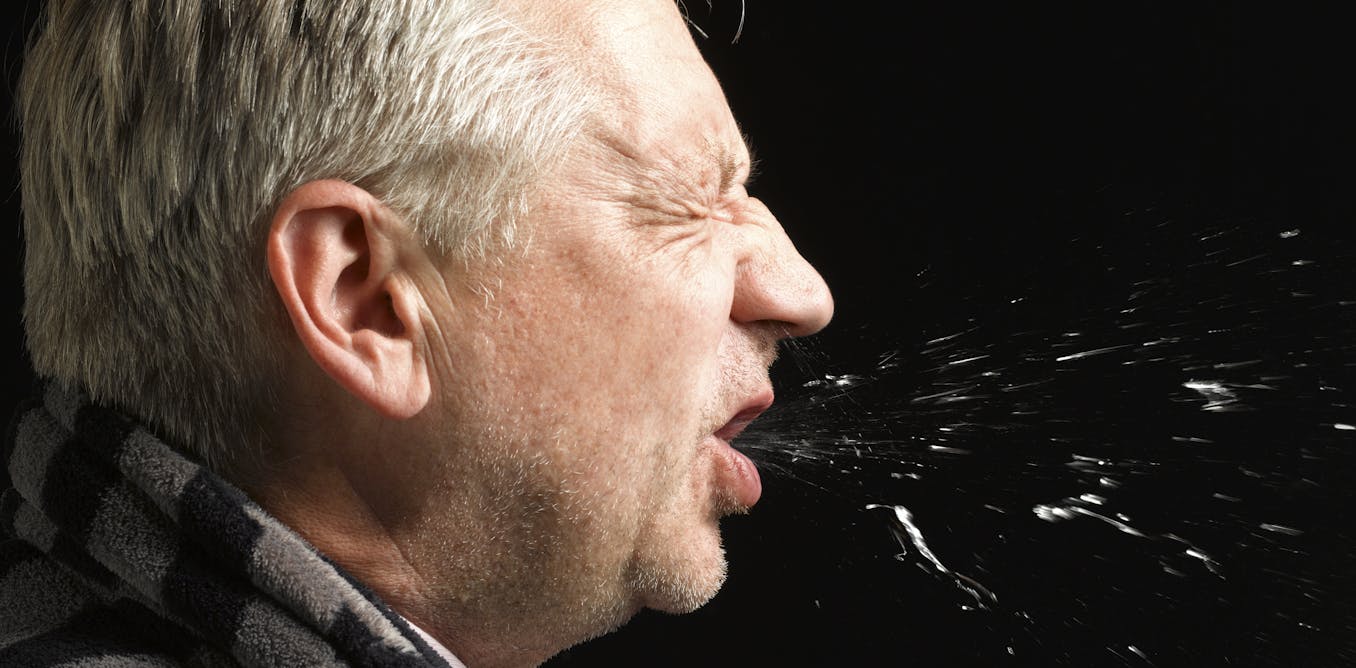A nagging cough can hang on for weeks or months following a respiratory illness – and there is precious little you can do about it
Some coughs can last for weeks or even months following an upper respiratory infection. The good news – albeit not very satisfying – is that most eventually go away on their own.
Feb. 10, 2023 • ~9 min







